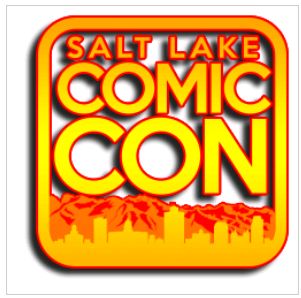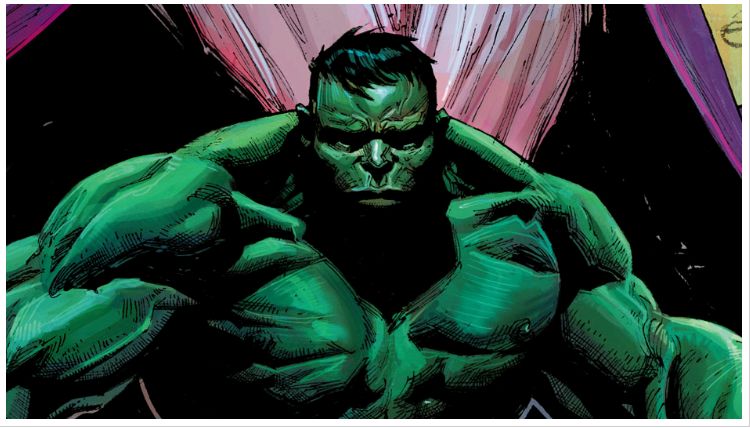Words and pictures are yin and yang. Married, they produce a
progeny more interesting than either parent.
― Dr. Seuss
For hundreds of thousands of fans, comic books are the pinnacle of the combination of words and pictures; for the rest of of movies about comic book characters rise to the top. Comic books are the stuff of adventure and imagination, which is why they capture our attention and make such good movies! Typically, because of their surreal nature, comic books are also the genesis for some of the world's most famous and distinctive trademarks: Batman, Superman, Spider-man, Iron Man, and Wonder Woman to name just a few. A search for Superman trademark registrations alone reveals at least 35 separate registrations owned by DC Comics.

In my opinion these are distinctive marks because, while the word SPIDER-MAN may evoke a person with spiderlike features, it does not suggest a book, hat, t-shirt, or any other consumer product. A mark is suggestive when it suggests the actual product to which it is attached.
This brings me to the great irony. In this fanciful and arbitrary world of supervillians and superheroes, arose an event that would grow over the years to attract 130,000+ attendees. It would come to be known as ... the Comic Convention, well Comic-Con International to be more specific (not even intergalactic). And the name of the owner would be ... the San Diego Comic Convention. Although Urban Dictionary reports that "con" in French would lend a much different connotation to the event, I am reasonably certain that we are just talking about a "convention" about comics.

The fight between these two groups has indeed continued, only to reach a level of absurdity recently. Last week, the United States Patent and Trademark Office awarded Comic Con SLC a trademark registration (well, a supplemental trademark registration anyway) for its SALT LAKE COMIC CON mark. So I summarize the argument now coming from Comic Con SLC to Comic-Con SD as: "well your mark sucks so we can use it too, and now we both have sucky marks."
The United States Patent and Trademark Office has a junior league for registrations called the Supplemental Registration. It is reserved for marks that are descriptive (but might one day have hope), surnames, geographic terms, and nondistinctive, nonfunctional trade dress. Registration on the Supplemental Registration allows the registrant to use the ® and also to bring a lawsuit for unfair competition.
Many times you can avoid the Supplemental Register even if something in your trademark is descriptive because the USPTO will also allow disclaimer of those descriptive terms. With a disclaimer you can get a mark registered on the Principal Register (major leagues), but you can't stop people from using the terms you disclaimed.
In some cases, a mark that is first registered on the Supplemental Register can be moved up to the Principal Register by showing that the mark has acquired distinctiveness (so called Section 2F designation). This does not mean that the mark becomes any better though. For example, Comic-Con SD has at least three marks on the Principal Register COMIC-CON, COMIC-CON INTERNATIONAL and COMIC-CON SAN DIEGO but they were either originally registered on the Supplemental Register and acquired distinctiveness or they disclaimed the word "comic" in them. In spite of these registrations, the USPTO still allowed SALT LAKE COMIC CON to register on the Supplemental Register for very similar goods and services. The lesson is that a descriptive mark will always be relatively weak – no matter how much money or fame you dump into it.

Back to the irony. The original convention for the greatest superheroes on earth is protected by a mark that becomes powerless against a $275 filing fee and a specimen of use for the same event with a different city name attached. Note: in addition to SALT LAKE, there are also registrations on the Supplemental Register for DENVER COMIC CON.
Our superheroes deserve better than this, and so do their imaginative creators.
If your brand has superpowers, and it should, find a super trademark. It will save you money in the long run and protect your brand. If your trademark simply describes what it is, then you will find yourself fighting in vain against every competitor who uses those same words to describe their goods and services. To put this in perspective, think about how awful COMIC BOOK BOY would be as a superhero. Don't use the equivalent as a trademark for your superbrand.
Good luck out there.

The lawyers at Trademarkology provide trademark registration services backed by the experience and service of one of the nation's oldest law firms. Click here to begin the process of protecting your brand name with a federally registered trademark.
The content of this article is intended to provide a general guide to the subject matter. Specialist advice should be sought about your specific circumstances.
